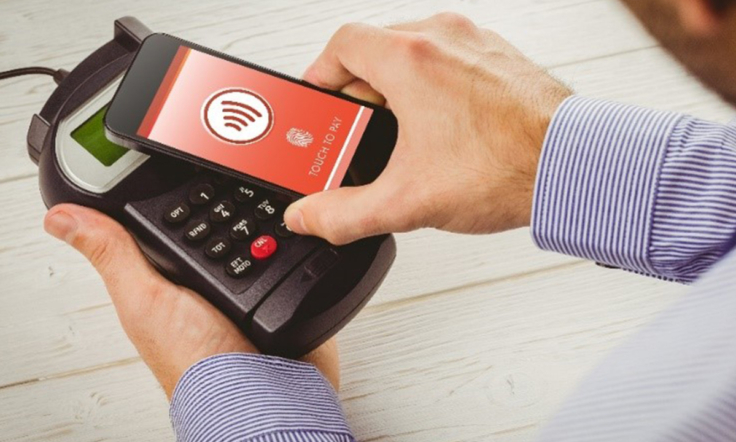
What is NFC? What are the Usage Areas?
NFC meaning is “Near Field Communication” and as you can understand the name, it provides short-range communication between devices which has this technology. This process needs at least one receiving device and one transmitter device. Devices can be active or passive according to usage area.
Passive NFC devices have tags and other small transmitters that send information to other NFC devices without need for a power supply. In addition to this, they do not process other information which come from other sources and they cannot be connect to other passive components. They usually take their place as interactive signs on the walls or billboards.
Active devices can send data and also, they can get data. They can communicate with each other as well as they do with passive devices. Smart phones are the most common type of active NFC devices. Public transport readers and touch payment devices are also technologies that given an example of active devices.
How Does NFC Works?
Same as Bluetooth, Wi-Fi etc., NFC works based on the principle of sending information over the radio waves. Just like others, NFC is also a standard for wireless data communication. This means that devices should meet with certain specifications in order to communicate properly with each other. The technology which is using in NFC is based on old ideas of RFID (radio frequency identification) that use electromagnetic induction to transmit information. This is the most important difference that separates the system from standards such as Bluetooth or Wi-Fi.
What are the advantages and disadvantages of NFC especially over Bluetooth?
Considering that Bluetooth has been commonly used for a long time, you may think that NFC is unnecessary. But NFC has a few important technical differences which provides some important benefits. The most important one is, it needs very low energy. This makes NFC perfect for passive devices such as advertisement tags.
However, this power saving also has a disadvantage. The most important one is the transmission distance is much shorter than Bluetooth has a range of 10 meters or even more, while NFC only has a range of 10 cm. Another disadvantage is data transmission speed is much higher in Bluetooth. While NFC transmission speed is 424 Kb/s, Bluetooth transmission speed is 2,1 Mb/s.
Another important advantage of NFC is, it connects much faster because it does not have matching system. The connection is made in a short time like 100 ms. Actually, new generation Bluetooth technologies also started to establish fast communication, but the NFC has an important argument about it because NFC does not have the matching system. That is the mobile payments. Especially today, people can make their payment easily with their mobile devices thanks to NFC supported pos devices’ contactless payment option. Even this option is an indication that the NFC will have a place in our lives for many years.





